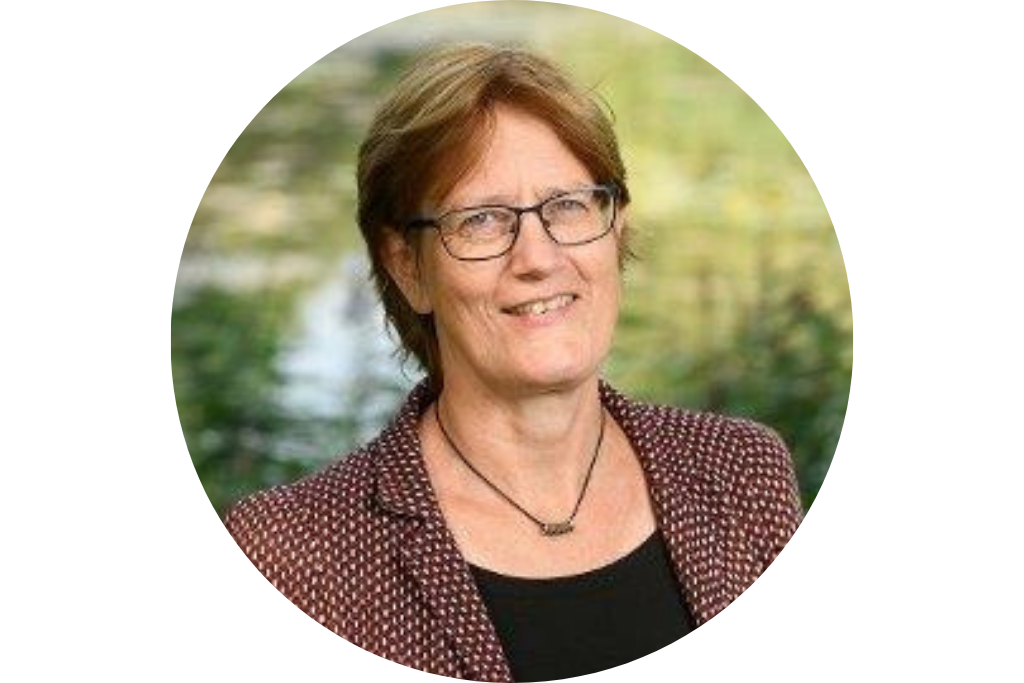
- New Materials and their Application
‘I want to close the gap between knowledge and implementation’
Amarante Böttger, professor of New Materials and their Application
Physicist Amarante Böttger has been affiliated with Delft University of Technology for more than 35 years, and for good reason: she still very much enjoys the challenges of in-depth scientific research. But in recent years, she began to feel a growing desire to broaden her horizons and connect with the world outside academia. “New knowledge doesn’t always get implemented in practice – far from it, actually. With this research group, I want to close that gap between theory and practice. I hope to use my applied research to contribute to changes that will really benefit society.”
Anyone who looks at the current state of the world can’t help but be concerned, Böttger believes. Action is needed, and there’s no time to waste. Böttger wants to use her expertise to do what she can to prevent the Earth’s natural resources from being used up by humans: “I’m working on solutions for recycling raw materials and developing new, sustainable materials. Reuse can solve a lot of problems: it prevents people from having to keep mining raw materials under poor conditions, reduces scarcity and waste, and makes us less dependent on other countries. But the reality is that less than a third of our materials get reused, so our goal of achieving a fully circular society by 2050 is still a long way off. Recycling also often leads to a reduction in quality. I think we can do better – we have to. That’s a challenge that excites me.” Böttger is happy to see that the new generation of young people are just as motivated as she is. “It makes me feel optimistic and gives me extra incentive to share my knowledge with them.”
Shaping the materials transition
And Böttger has plenty of knowledge to share. She has published over a hundred articles in scientific journals and has spoken at many international conferences on new materials, their properties and applications. With her research group at Delft University of Technology, she designs and tests new materials, including for energy applications. She has also worked as a visiting researcher at the Max Planck Institute in Stuttgart, and since February 2019 she has been combining all her other responsibilities with her research group at the Centre of Expertise for a Safe & Resilient Society. “Here, I mainly focus on the materials transition and sustainability. What new applications can we develop for materials that we currently think of as waste? How can we produce materials so that they’re reusable later, or more degradable?”
Hands-on
Böttger’s decision to work with a university of applied sciences arose from her desire to give smaller companies access to new knowledge and the opportunity to have their innovations studied. “Large companies have their own R&D departments with lots of staff and resources, but that’s not the case for SMEs. Which is a shame, because that’s precisely where ideas are developed that have a direct impact on society. So it’s interesting and fun to work with these smaller companies – they have short lines of communication, and it doesn’t take much time to set up partnerships with other disciplines. Everything revolves around a single question: how can we use this knowledge to build a good business case? This research group is really hands-on.”
Preventing stagnation
Applied research may be practical, but it often requires patience. “Regulations tend to slow things down,” Böttger explains. “Take the 3D-printed bridge made of waste plastic my group is developing. Municipalities require certain assurances about safety, durability and environmental impact before commissioning a new design like that. To give them those assurances, we need to do more research. So that’s what we’re doing now, but of course it’ll take a while to get results. It’s also taking longer than I’d like to bring our recyclable tent fabric and recycled polypropylene to market. I’d like us to find ways to avoid stagnation so we can make faster progress. This will require citizens, businesses, researchers and governments to work together – that’s the goal of my research group. Wherever I can, I try to connect all the cogs.”
Amarante Böttger delivered her inaugural lecture to a live online audience on 11 June 2021. You can watch a recording of her remarks or read the transcript here.

